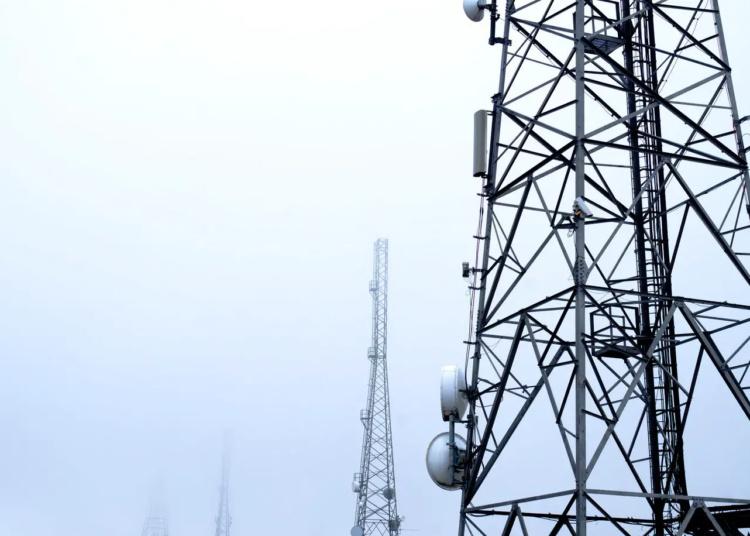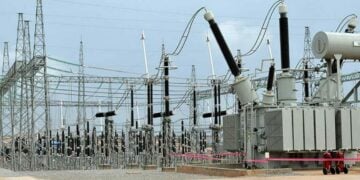Nigeria’s Information and Communications Technology (ICT) sector recorded a 31.63 per cent year-on-year growth in nominal terms for the first quarter of 2025, driven by rapid expansion in broadband penetration, mobile subscriptions, and digital content consumption.
This marks a staggering 28.23 percentage point leap from the modest 3.40 per cent growth posted in the same period of 2024 and a 13.67-point jump from the fourth quarter of 2024, according to the latest GDP report released by the National Bureau of Statistics (NBS).
The report attributes this impressive growth primarily to the telecommunications subsector, which remains the most dominant and consistent contributor within ICT. The sector also includes Publishing, Broadcasting, Motion Picture, Sound Recording and Music Production, all of which benefited from Nigeria’s expanding digital economy and content ecosystem.
“The strong performance of the ICT sector underscores the country’s increasing reliance on digital infrastructure, services, and consumption habits. This trend is amplified by growing internet accessibility, smartphone adoption, and demand for streaming, online learning, and fintech platforms,” the NBS stated in the report.
The sector’s contribution to nominal GDP climbed to 10.29 percent in Q1 2025, up from 9.25 percent in Q1 2024 and 8.55 percent in Q4 2024, further solidifying its status as one of the most influential drivers of economic growth in Nigeria.
In real terms, adjusted for inflation, the ICT sector grew by 7.40 percent year-on-year, representing a 3.36 percentage point improvement over the 4.04 percent recorded in the corresponding quarter of 2024.
However, real growth dipped by -8.86 per cent quarter-on-quarter, a decline the NBS attributes to a seasonal drop in digital activities following Q4’s holiday-driven surge in online traffic, e-commerce, and entertainment consumption.
Still, the sector’s real GDP contribution rose to 10.59 per cent, up from 10.17 per cent in Q1 2024 and 9.32 per cent in Q4 2024, indicating that despite seasonal fluctuations, ICT’s economic value continues to trend upward.
The Q1 2025 figures reflect Nigeria’s newly rebased GDP, which now uses 2019 as the base year, replacing the previous 2010 benchmark. The NBS said the rebasing was necessary to reflect structural changes in the economy and to capture new economic activities, especially in emerging digital sub-sectors.
According to the report, the rebased nominal GDP at basic prices for 2019 showed a 41.7 per cent increase over figures calculated using the older base year. The upward revisions continued over the years, with 2024 nominal GDP now revised upward by 35.4 per cent compared to previous estimates.
The rebased real GDP growth trajectory also adjusted Nigeria’s recent economic narrative, showing a -6.96 per cent contraction in 2020 (due to the pandemic), followed by recoveries of 0.95 per cent in 2021, 4.32 per cent in 2022, 3.04 per cent in 2023, and 3.38 per cent in 2024.
Analysts say the ICT sector is well-positioned to sustain its momentum in the coming quarters, especially with ongoing investments in 5G infrastructure, cloud computing, AI innovation, and local content creation.
“The numbers confirm what many of us in the ecosystem have seen on the ground. From telcos to streaming platforms, digital payments, and AI startups, there is massive activity and innovation and it is showing up in GDP,” Tech analyst, Jide Awe told LEADERSHIP.





